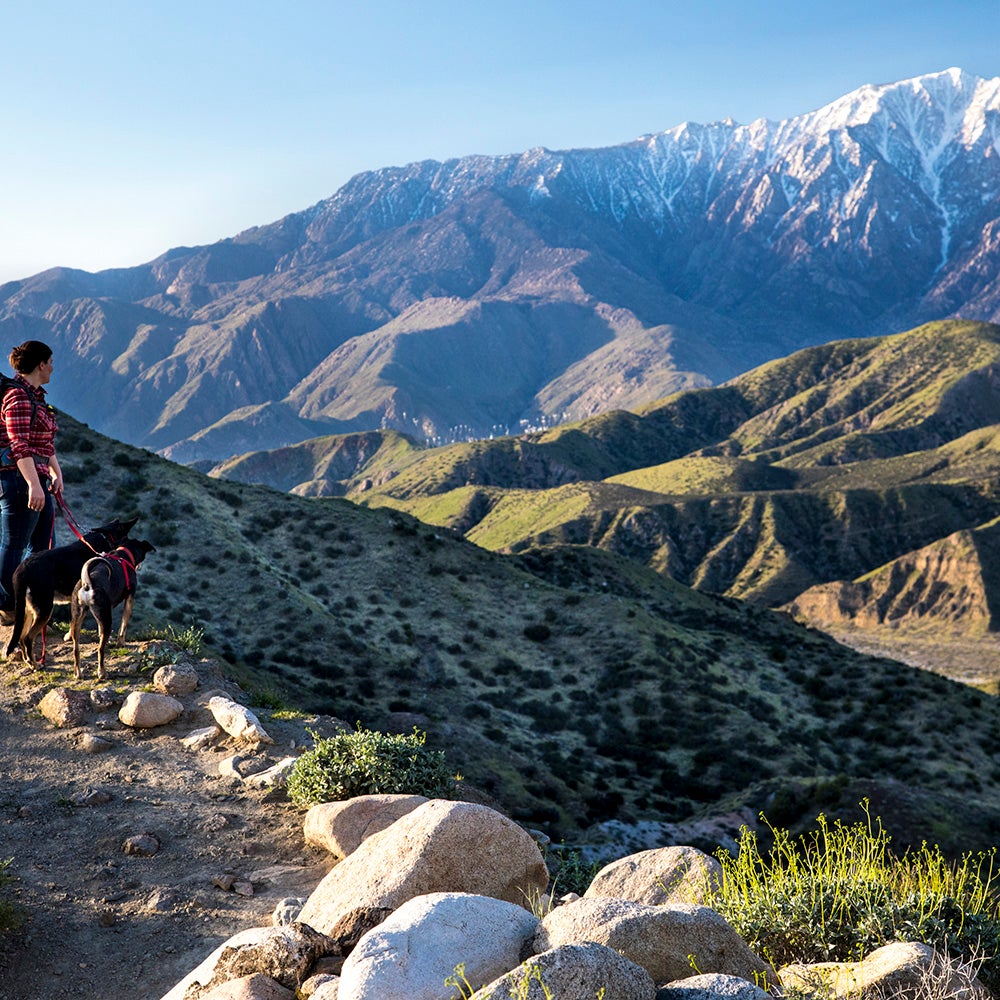Here’s the weekly reminder that the GOP is gunning for our land: a new bill introduced to Congress seeks to remove federal oversight of oil and gas drilling on public land, thereby allowing that industry to circumvent environmental regulations. It could also limit public access to that public land. The Federal Land Freedom Act does for freedom on federal lands what the Patriot Act does for patriotism.
To recap, the Republican party is conducting a war against our valuable public lands. Under the guise of states’ rights, limited government, and energy independence, they’re attempting to sell off public lands for energy development in a move that would actually reduce state revenue, irrevocably destroy our environment, and lock the public out of the places where we recreate.
The new bill proposes to turn over responsibility for “leasing, permitting, and regulating oil, natural gas, and other forms of energy development from the Federal Government to the State.” Each state would gain control of those regulations on the land within its borders that’s currently managed by the Forest Service and Bureau of Land Management.
Like most anti-public lands efforts, the bill sounds pretty reasonable on its surface. Energy independence is good, and in many cases, states’ rights can be, too. But to quote Deep Throat, we need to follow the money to understand where impetus for the bill really comes from.
The American Energy Alliance—an oil and gas apparatchik—describes the bill as a “game changer,” and goes on to claim, “the federal government is holding America back from fully unleashing its energy potential.”
The game-changing difference in moving regulation of the oil and gas industry from the the federal to the state level? Well, it would allow oil and gas companies to circumvent federal laws like NEPA, which requires that the federal government consider the environmental impacts of permitted activities like energy extraction. It also helps oil and gas get around the management priorities of federal agencies like the Forest Service and BLM, which are mandated to manage for multiple use—extraction must exist alongside wildlife and recreation—and for long-term conservation of the land for future generations. States, on the other hand, are bound by no such limits and can manage land solely for profit.
Why is it bad to manage our public lands solely for profit? It’s been proven to result in the sale of those public lands to private entities. In Utah, for instance, 54 percent of the land granted to it upon statehood has been sold off. When public land becomes private, the public loses access.
Why would any lawmaker want to get rid of our country’s unique and incredible public lands, especially when they already generate such incredible profits for state and federal governments, and private industry, while providing recreation opportunities for hundreds of millions of Americans? That’s about money, too. Writing in the Pacific Standard, Jimmy Tobias reports that the bill’s sponsors have all heavily benefited from oil and gas campaign donations. Diane Black, a Republican out of Tennessee, who is sponsoring the bill in the House, has received $186,580 from that industry. Jim Inhofe, a Republican from Oklahoma, who is the bill’s main advocate in the Senate, has taken over $1.8 million in oil and gas campaign contributions.
This is the latest battle in an ongoing war. As the GOP’s current platform reads: “Congress shall immediately pass universal legislation providing for a timely and orderly mechanism requiring the federal government to convey certain federally controlled public lands to states.” And that public-lands war is far from over.

